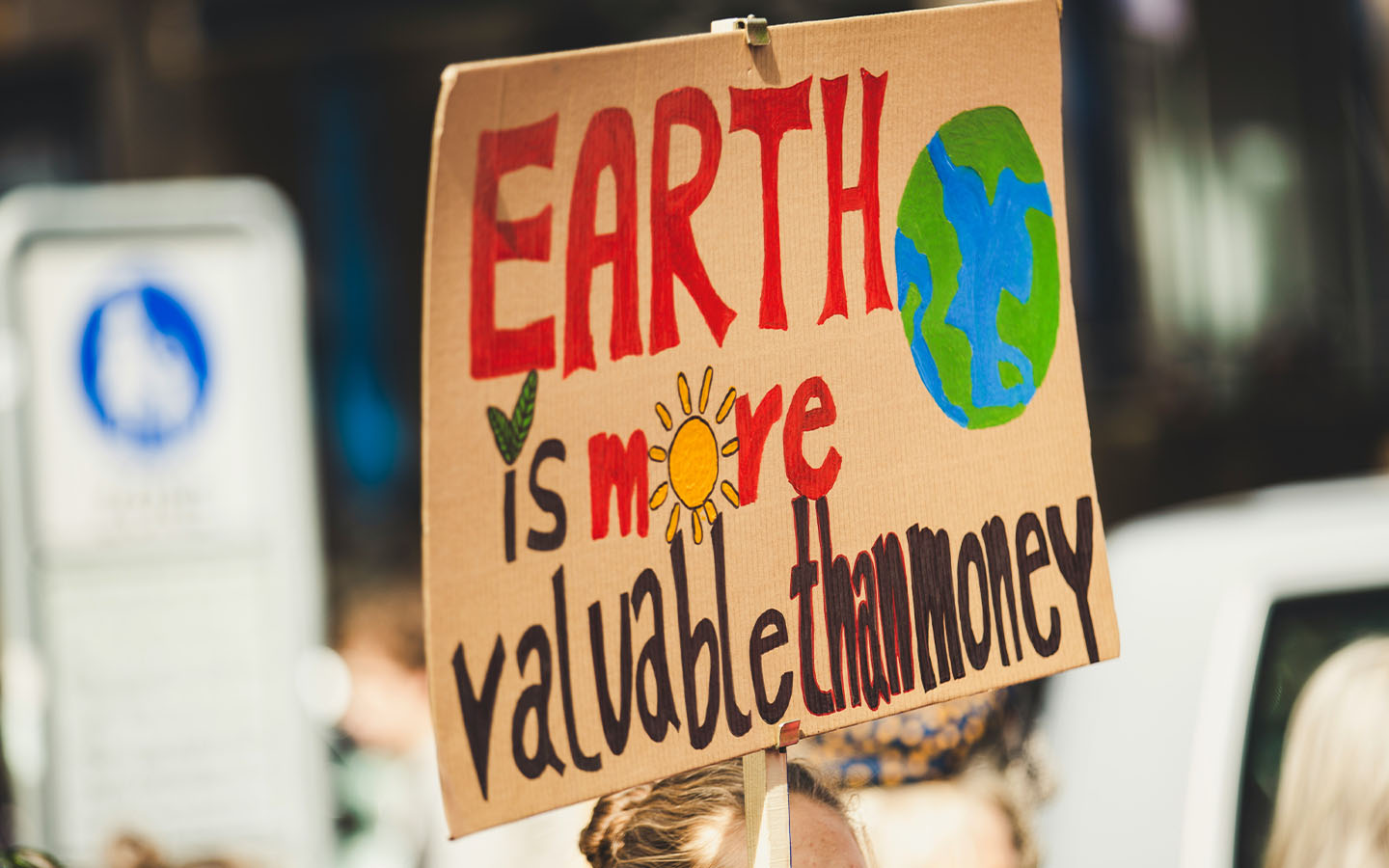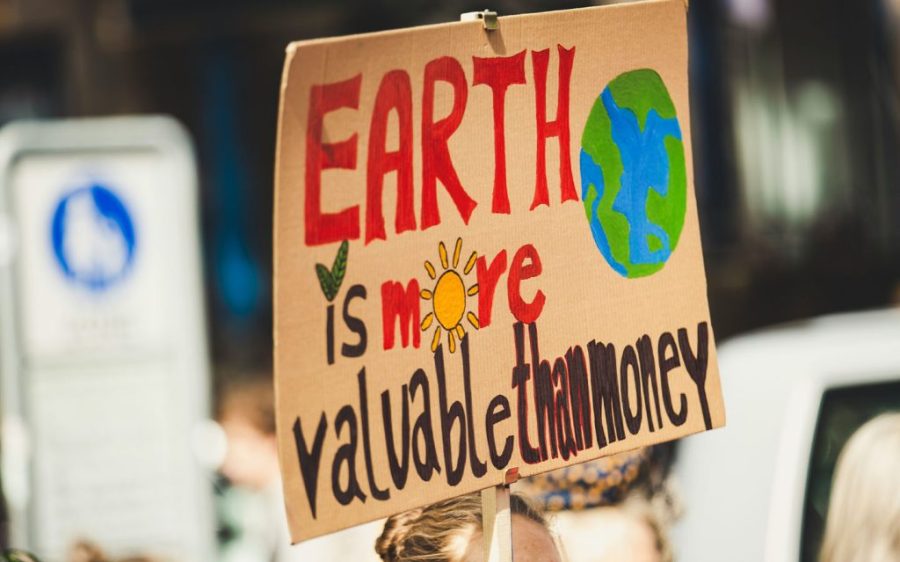The 50 countries most susceptible to climate change have seen debt payments almost double over the past two years – reaching their highest level since at least 1990, according to the UK charity Debt Justice.
Citing data from the World Bank and the International Monetary Fund, the group’s latest report shows these nations will likely spend on average 15.5 percent of government revenues on repaying external creditors this year. That figure was just over eight percent in 2022, and less than four percent in 2010.
“Record levels of debt are crushing the ability of the most vulnerable countries to tackle the climate emergency,” noted the executive director of Debt Justice Heidi Chow. Chow called for “a rapid and effective debt relief scheme” that would enable poor countries to invest in climate crisis mitigation.
[See more: China’s top Covid expert says climate change could spark the next pandemic]
The vast majority of repayments, 38 percent, goes to private lenders, with another 35 percent to multilateral institutions. The remainder goes to other governments.
One reason for the surge in debt was that a debt suspension scheme agreed upon by creditors at the start of the Covid-19 pandemic has ended – which also means the suspended debt is due to be repaid, according to the Guardian. In addition, borrowers have been walloped by the rise in global interest rates and the strong US dollar (most government debts are owed in dollars).
Angola’s government is set to spend 59.8 percent of its revenue on external debt repayments this year, the highest percentage of all 50 countries covered in Debt Justice’s report. Last month, the state-owned China Development Bank (CDB) – Angola’s largest single creditor – released money held in an escrow account to help Angola with its interest payments.
[See more: São Tomé and Príncipe has run out of money to pay for imports]
Zambia (43.5 percent), Sri Lanka (43.5 percent), Bhutan (40 percent) and Pakistan (38.2 percent) rounded out the top five countries. Guinea-Bissau (20.6 percent), Mozambique (13.2 percent) São Tomé and Príncipe (9.7 percent) were the other Portuguese-speaking countries included in the report.
A 10-day conference addressing climate finance and unsustainable debt levels kicks off in Bonn, Germany, today. Debt Justice is calling for immediate debt cancellations and substantial, grant-based climate finance from wealthy nations to alleviate the mounting crisis.






